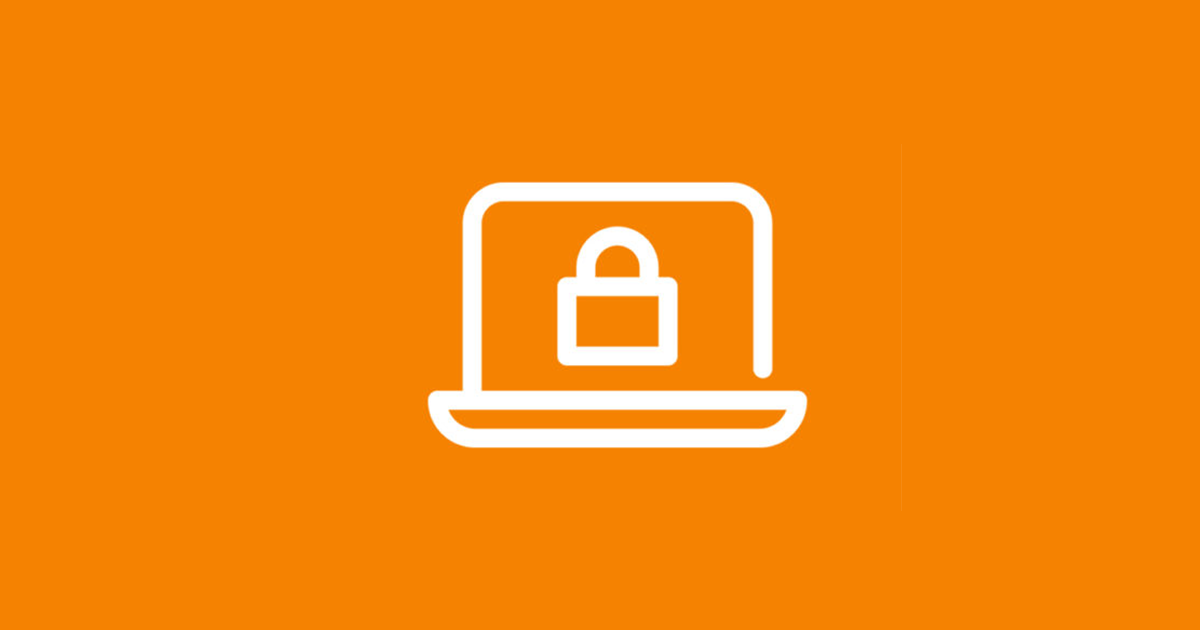
Malware. Phishing. Password Attacks. Rogue Software. Every day, cyber attacks are becoming smarter and more aggressive. Your client list contains personal information that is an attractive target for hackers.
Here are six key steps you can take to reduce your vulnerability to cyber attacks:
1. Think beyond your login and password. To keep your most important data secure, use strong authentication approval in addition to your username and password. This includes 2-step verification and multi- or two-factor authentication. Some examples are biometrics or one-time codes sent to your mobile device.
2. Stay current and clear the clutter.Keep all programs and apps up to date to ensure the best security. Empty the recycling bin and unsubscribe from emails you no longer want to receive.
3. Back up your data NOW. Many businesses are vulnerable to demands for ransom to return sensitive data because they have no back up of key files. One of the best ways to protect your data from cyber attacks is to back up all critical files to another computer, an external drive or a secure cloud site.
4. Encrypt sensitive info.When you use encryption, even if your data does end up getting stolen, it will be unreadable and nearly useless. Encryption is especially useful when you are sending data between users (for example, to insurance companies). Only someone who has your encryption key can read the encrypted data.
5. Don’t just delete—expunge before you throw out. Scrubbed. Wiped. It sounds like spring cleaning, but it’s what you need to do to your old hard drives, smartphones or other memory devices to make sure those out-of-date secure files can’t be recovered by a savvy hacker. Completely erase everything before disposal—all data, applications, documents, saved passwords including Wi-Fi access, and the operating system.
6. Educate your staff about effective security habits.
- Limit access to critical accounts and don’t release anything business sensitive to anyone outside that select group.
- Foster skepticism about emails that ask for immediate action, personal or corporate information, or that are unexpected or unusual for the sender.
- Ask employees to always lock computers when stepping away.
Visit our cyber page to learn more about how CDSPI Cyber Insurance can protect you and your practice.